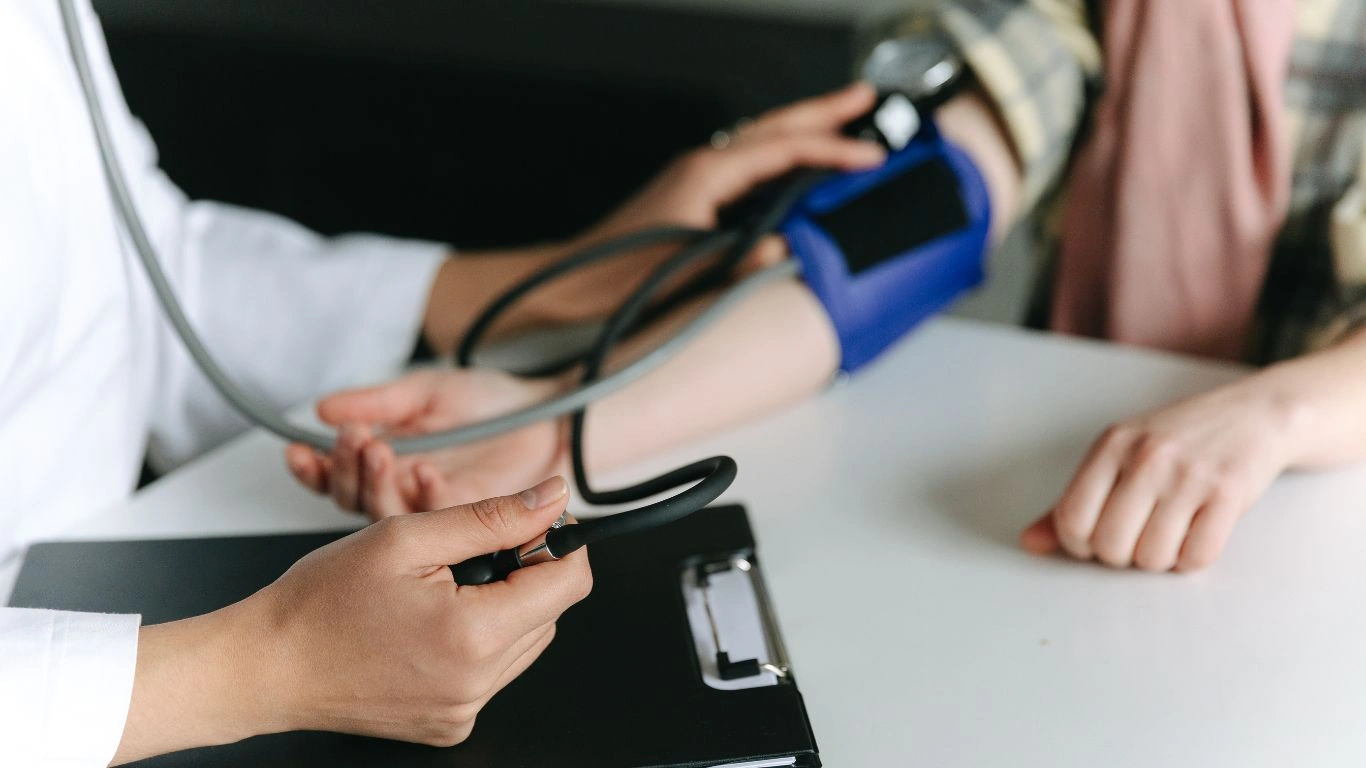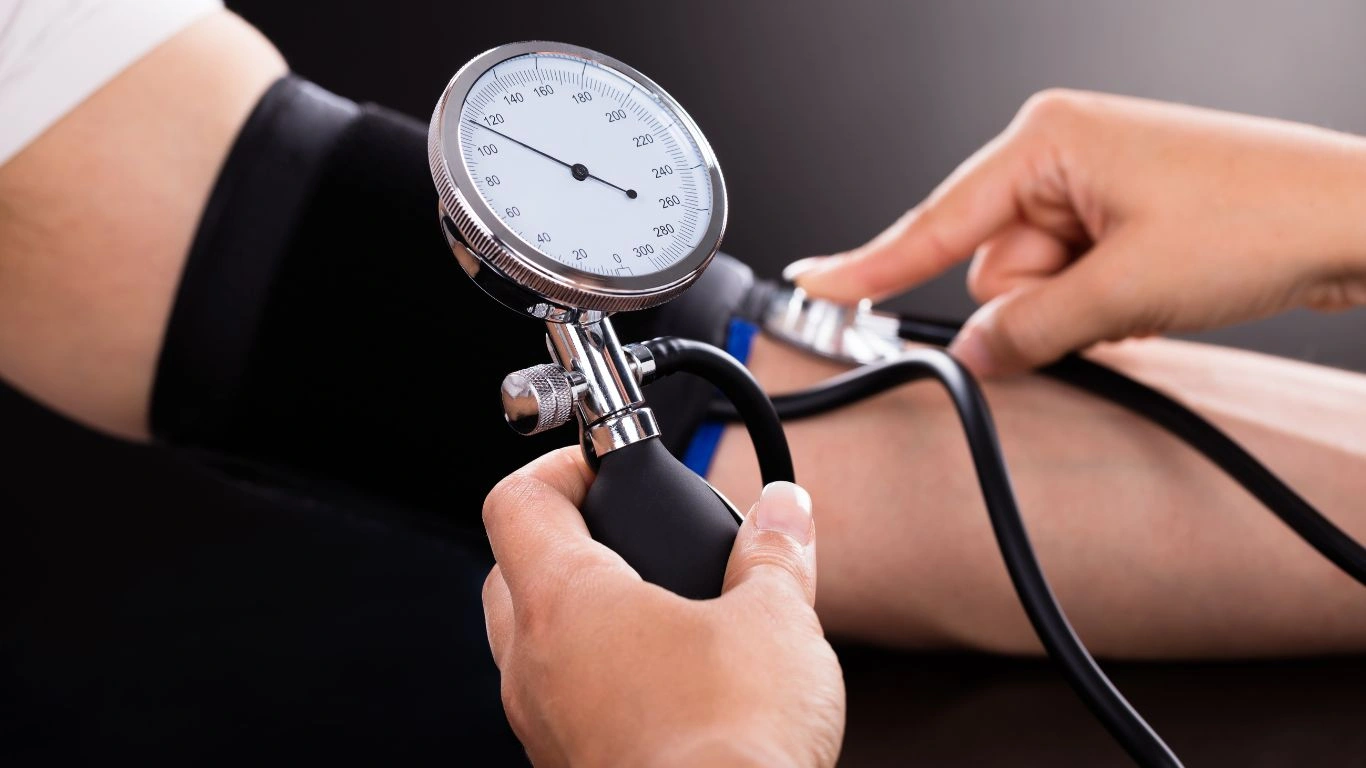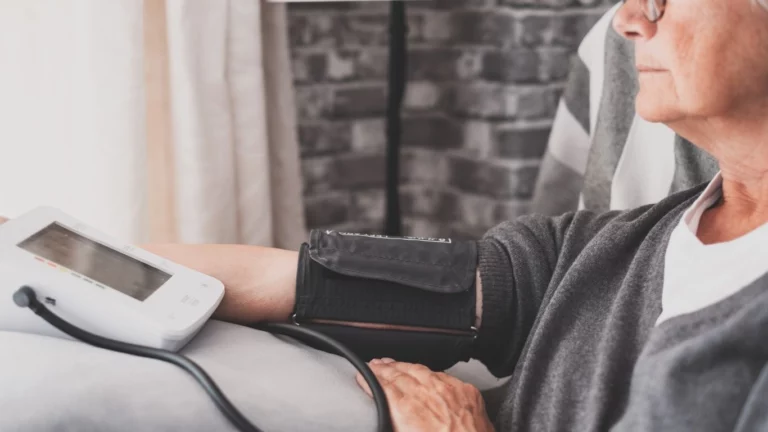The Ultimate Guide to Common Medications for Treating Hypertension 💊💖
What is Hypertension?

Hypertension happens when the force of blood against your artery walls is consistently too high. It’s often called the “silent killer” because it usually shows no symptoms but can lead to severe health problems over time.
Types of Medications for Hypertension

Here’s a breakdown of the most commonly prescribed medications to treat high blood pressure:
Diuretics (Water Pills)
- How They Work: Help your body get rid of excess sodium and water to reduce blood volume.
- Examples: Hydrochlorothiazide, Furosemide.
- Side Effects: Increased urination, low potassium levels.
ACE Inhibitors
- How They Work: Relax blood vessels by blocking the formation of a hormone that narrows blood vessels.
- Examples: Lisinopril, Enalapril.
- Side Effects: Dry cough, elevated potassium levels.
Angiotensin II Receptor Blockers (ARBs)
- How They Work: Block the effects of a hormone that tightens blood vessels.
- Examples: Losartan, Valsartan.
- Side Effects: Dizziness, muscle cramps.
Calcium Channel Blockers
- How They Work: Prevent calcium from entering heart and blood vessel cells, relaxing them.
- Examples: Amlodipine, Diltiazem.
- Side Effects: Swelling, fatigue, constipation.
Beta Blockers
- How They Work: Reduce the workload on your heart by slowing your heart rate.
- Examples: Metoprolol, Propranolol.
- Side Effects: Fatigue, cold hands and feet.
Combination Medications
- How They Work: Combine two drugs for better results, like ACE inhibitors with diuretics.
- Examples: Lisinopril-Hydrochlorothiazide.
- Side Effects: Depend on the combination.
Troubleshooting Common Issues

Even with medication, managing hypertension can come with challenges. Here’s how to address them:
1. Missing Doses
Problem: Skipping doses can reduce effectiveness. Solution: Set reminders on your phone or use a pill organizer.
2. Side Effects
Problem: Side effects like dizziness or fatigue can discourage use. Solution: Talk to your doctor about switching medications or adjusting the dose.
3. Cost of Medications
Problem: Some medications can be expensive. Solution: Look into generic options or assistance programs.
4. Medication Interactions
Problem: Mixing prescriptions can lead to adverse reactions. Solution: Always inform your healthcare provider about other medications or supplements you’re taking.
Case Studies & Success Stories

Case Study 1: Managing Resistant Hypertension
Emily, a 55-year-old teacher, struggled with blood pressure despite multiple medications. After consulting a specialist, her doctor added a diuretic to her ACE inhibitor, which finally brought her numbers into the normal range. With lifestyle changes, she’s thriving!
Case Study 2: Overcoming Side Effects
Mark, a 40-year-old engineer, experienced fatigue with beta blockers. His doctor switched him to an ARB, and he feels much more energetic while maintaining good control over his blood pressure.
Key Takeaways
- Hypertension medications fall into several categories like diuretics, ACE inhibitors, and beta blockers.
- Managing high blood pressure is a combination of medications, lifestyle changes, and regular monitoring.
- Always communicate with your healthcare provider about side effects, missed doses, or other concerns.
FAQs
Q: Can I stop taking hypertension medications if my blood pressure is normal?
A: Never stop medications without consulting your doctor, as blood pressure can rise again.
Q: Are there natural alternatives to hypertension medications?
A: Lifestyle changes like reducing sodium, exercising, and stress management can help but may not replace medications.
Q: How long will I need to take hypertension medications?
A: Most people need long-term treatment, but it depends on your condition and response to therapy.
References
- American Heart Association – Hypertension Guidelines.
- Mayo Clinic – High Blood Pressure Management.
- World Health Organization – Hypertension Factsheet.
Disclaimer
This article is for informational purposes only and should not replace medical advice. Always consult your healthcare provider for personalized recommendations.
Call to Action
Managing hypertension can be challenging, but you’re not alone. Share this article with friends or loved ones who might find it helpful, and don’t forget to consult your healthcare provider for a tailored treatment plan. Your heart will thank you!

Dr. Gwenna Aazee is a board-certified Internal Medicine Physician with a special focus on hypertension management, chronic disease prevention, and patient education. With years of experience in both clinical practice and medical writing, she’s passionate about turning evidence-based medicine into accessible, actionable advice. Through her work at Healthusias.com, Dr. Aazee empowers readers to take charge of their health with confidence and clarity. Off the clock, she enjoys deep dives into nutrition research, long walks with her rescue pup, and simplifying medical jargon one article at a time.







